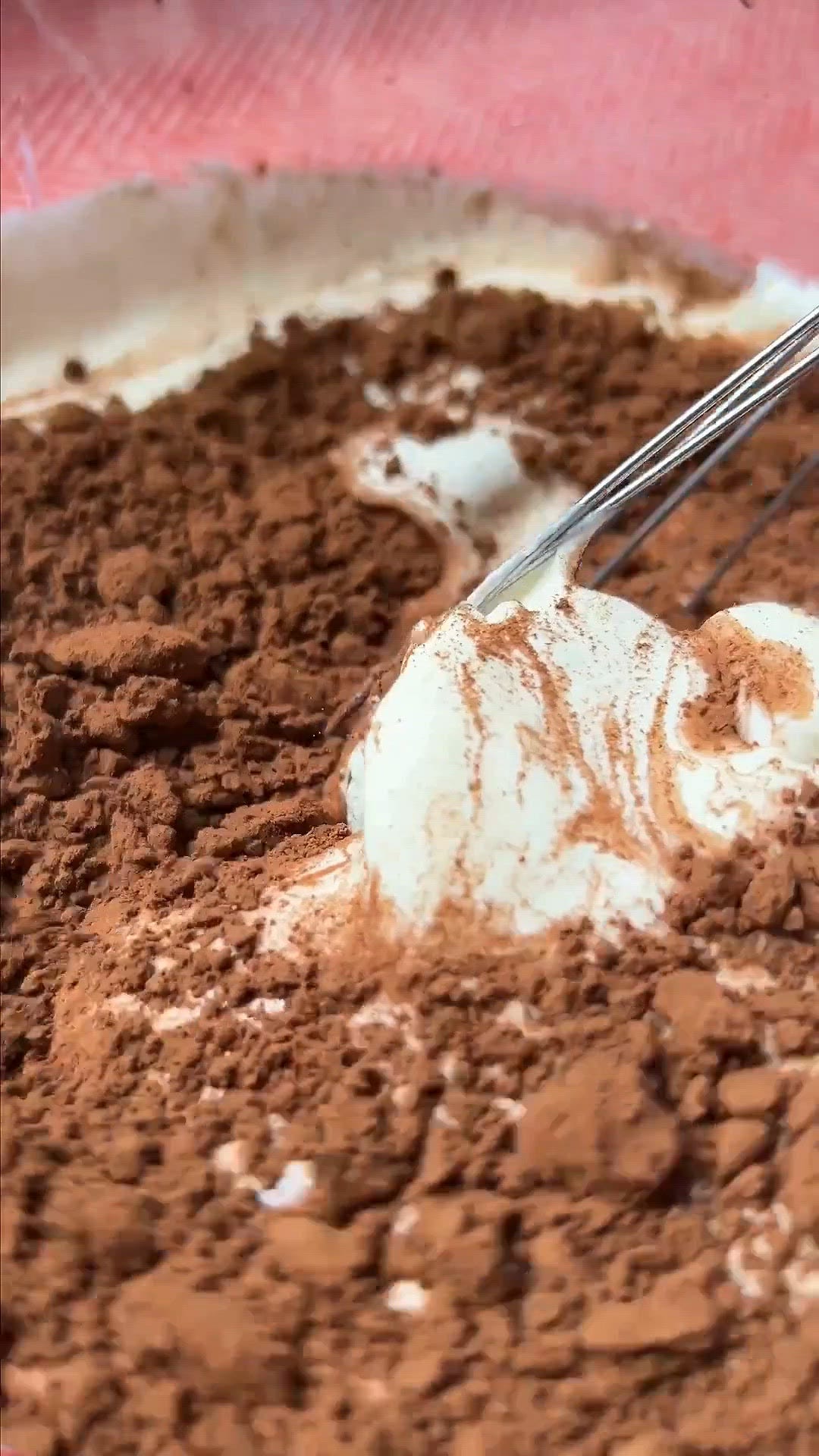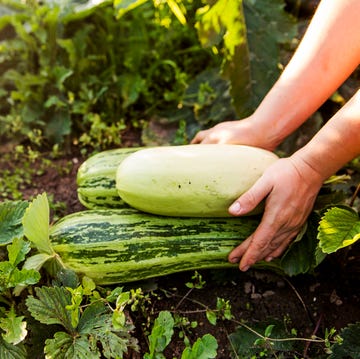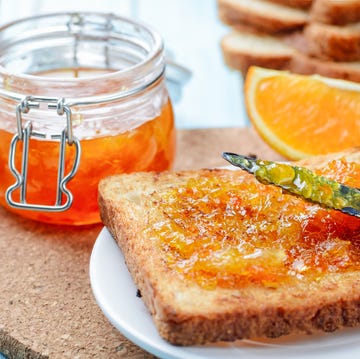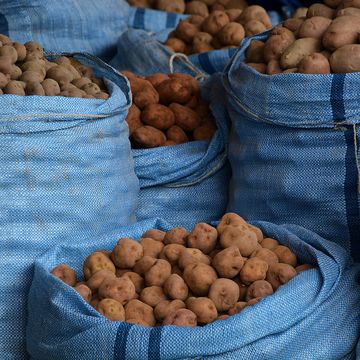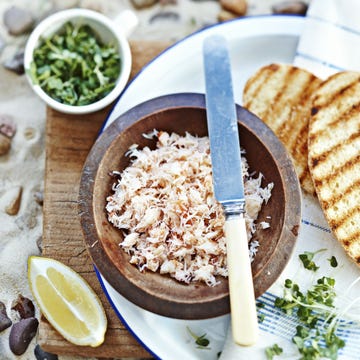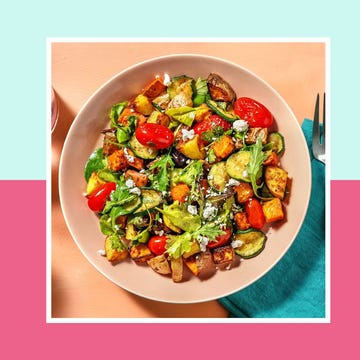Gone almost as soon as they arrive, the Seville orange season runs from the end of December through to mid February. Luckily these knobbly-skinned, bitter marvels can be enjoyed year-round as they freeze well whole, so when you see them, stock up.
Sevilles are generally unwaxed, so don’t let them hang around in the fruit bowl for more than a week as they lose their moisture content quickly and become tough, mean and unusable.
When buying, look for fruit with plump, firm skin to ensure the oranges are not ruining already.
What to read next
Although most often used to make marmalade, a little Seville rind adds zing to meat dishes and a squeeze of the juice gives sophistication to a gin and tonic.
For die-hard marmalade lovers, there’s the annual Dalemain Marmalade Awards in Cumbria where keen preserve makers can submit their entries and be in with a chance of seeing their recipe stocked on the shelves at Fortnum & Mason. For more details, visit www.dalemainmarmaladeawards.co.uk
Like this? You'll love...
Try our recipe for Seville orange curd
Orange liqueur recipe
Flamenco in Seville
A crack team of highly skilled food content producers, the GH Kitchen Team are Good Housekeeping’s resident recipe developers and all-round food obsessives. GH Kitchen Director Sarah Akhurst is our resident hosting pro and loves nothing more than putting on a foodie feast for friends. Senior Cookery Writer Alice Shields is a former pastry chef and baking fanatic who loves making bread and would have peanut butter with everything if she could. Lover of all things savoury, Senior Cookery Writer Grace Evans can be found eating nocellara olives at every opportunity, and will take the cheeseboard over dessert any time. With a wealth of professional kitchen experience between them, they’re dedicated to ensuring every Good Housekeeping recipe is the best it can be, so you can trust they’ll work every single time.

